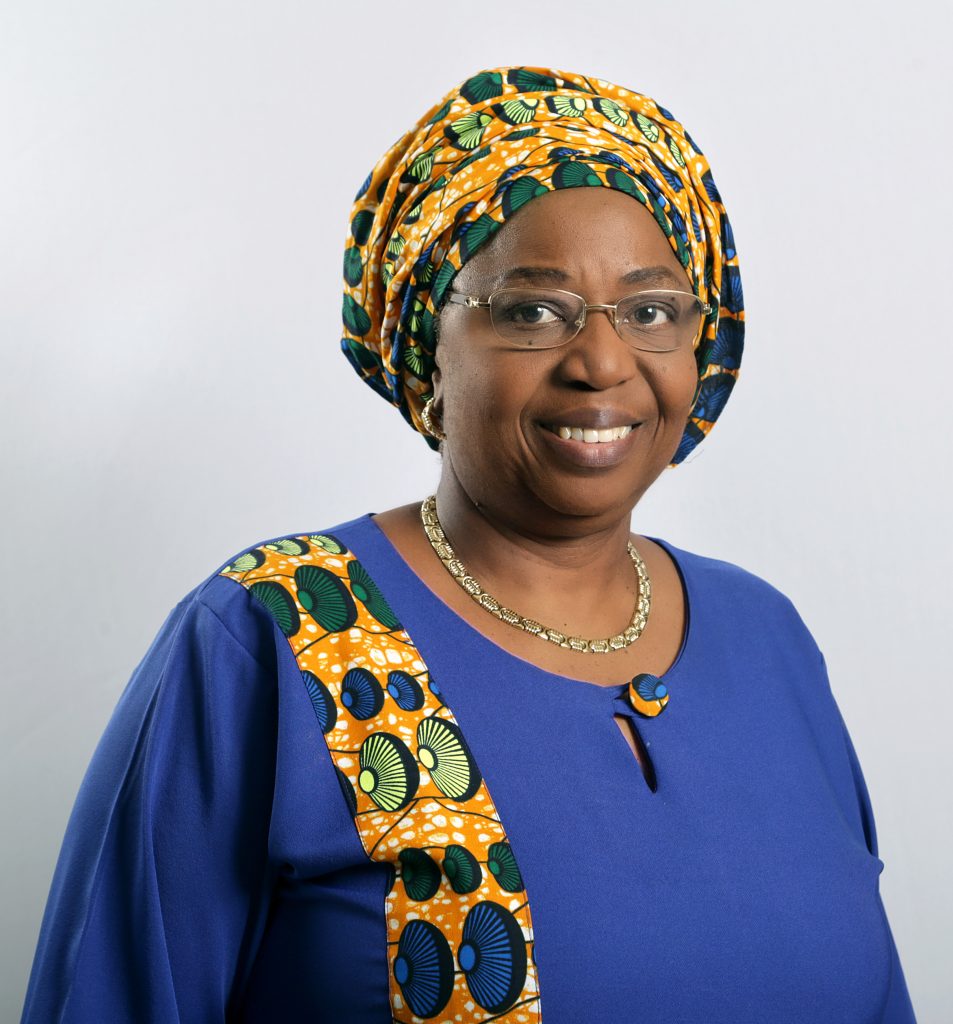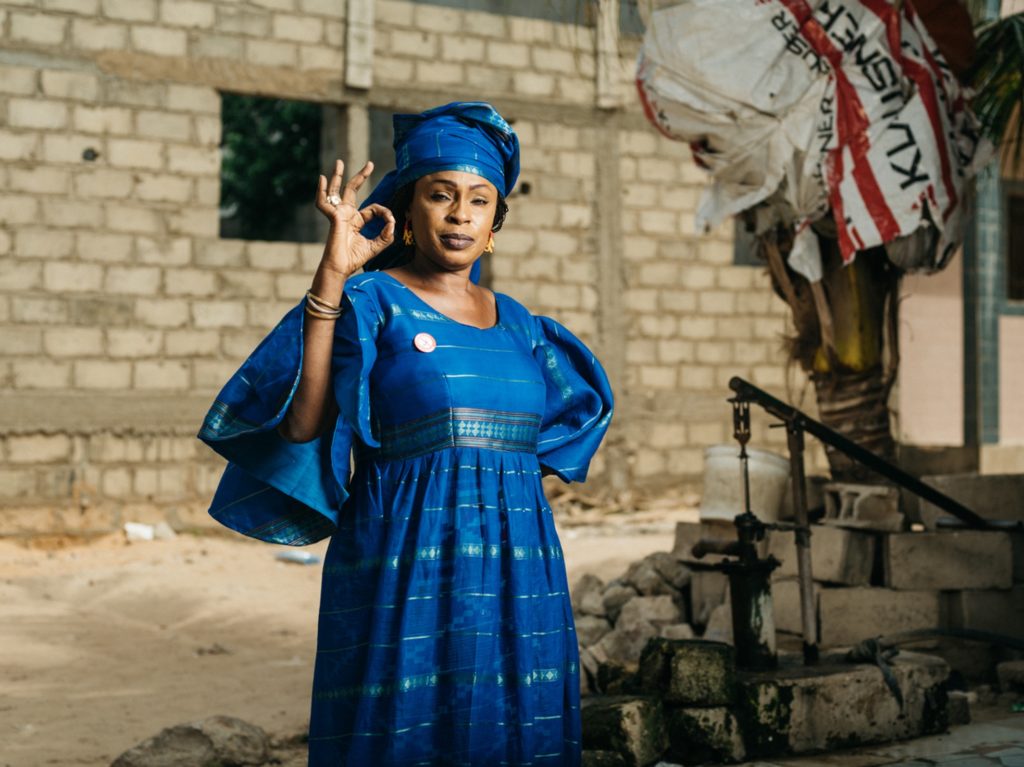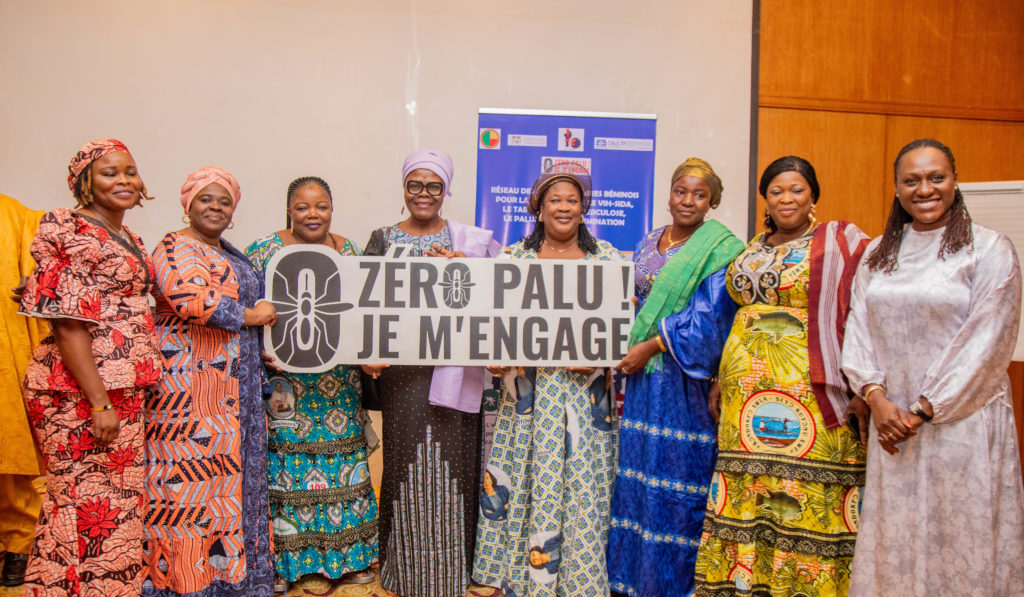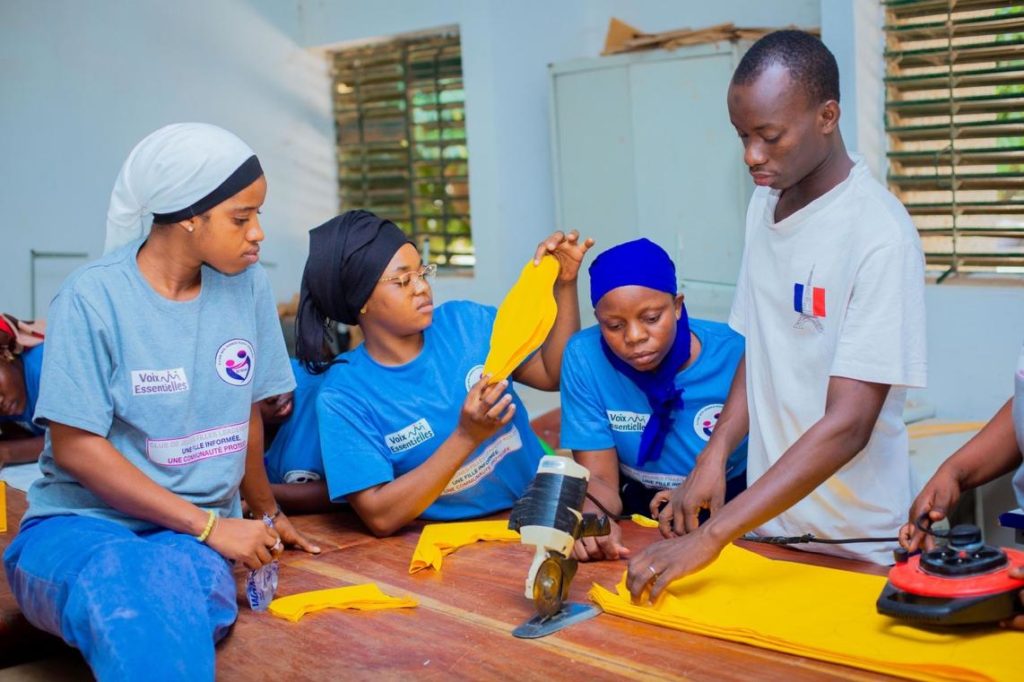I am Professor Awa-Marie Coll-Seck and I Choose to Challenge.

2020 was tough not only for Africa and its people but the rest of the world and in no small measure. The Covid-19 pandemic and ensuing aftermath of the virus, including the new strains that found their way into the continent in January this year has made 2021 begin in the manner of which nobody hoped. The year is already facing its own challenges which are natural progressions from the year before.
As a trained medical doctor, a specialist in infectious diseases, and having experience in public health, I am particularly sympathetic to the plight of the medical and paramedical personnel working in Africa who have been at the fore of combating this global pandemic. They have fought courageously with great compassion and commitment, even at times when they were under-equipped, ill-prepared, and overwhelmed. They were also burdened with a mostly misinformed and unenlightened public as they fought hard to keep infection and mortality rates low.
It does not matter how tough things may currently be across the continent and even around the world, but we must continue to move forward, seeking solutions, working together, and building our resilience as we boldly travel the long road ahead of us. The journey to better sustainable infrastructure and relevant scientific and empirical research that provides not only the foundation for strong systems that will tackle health and social issues but foster a true culture of innovation and collaboration for Africa. I am proud to be a part of African platforms that have a keen focus on research, innovation, and collaboration. These platforms are creating sustainable ecosystems that are empowering and supporting young Africans to develop innovative solutions to enhance entrepreneurship and advance cutting-edge health care solutions out of Africa by Africans that could be also adapted for adoption beyond the continent.
I am President of the Scientific Committee of the Forum Galien where the Africa Young Innovators for Health Awards 2021 was launched. This Award is committed to enable and support young entrepreneurs to innovate in the field of health and be empowered to be the change agents they know they can be. Following a successful event in December 2020 that convened a large number of scientists and some promising young students to discuss their research and innovative work in healthcare, we are poised to fully explore the vast potential of young people to be great thinkers, innovators, and effective leaders.
However, as a woman who has been fortunate to rise to the top of my profession and serve in various national, Pan-African, and global capacities, it is difficult for me to be oblivious to the consistent occurrence of few females taking advantage of all the opportunities that are currently available to change the prevailing African narrative.
According to the European Union and the United Nations Educational Scientific and Cultural Organization (UNESCO), women are also underrepresented in the field of science. Currently, less than 30 percent of researchers worldwide are women and only 30 percent of all female students select Science, Technology, Engineering, Mathematics (STEM) related fields in higher education. This is a statistic that must change all over the world and especially for Africa, in order for us as a people to be able to fully harness the enormous potential of our youth population across various disciplines and not only in science. This becomes especially relevant as we approach March which has become ‘Women’s Month’, and the celebration of the International Women’s Day (IWD) on March 8th with the global theme: Choose to Challenge.
This year’s IWD theme is incredibly apt as we are steadily becoming acquainted with a budding reality of women that are challenging the status quo and shattering the proverbial glass ceiling. From Ellen Johnson Sirleaf, who served as the President of Liberia and is the first elected female Head of State in Africa, Kamala Harris becoming the first black female Vice-President of the United States, Sahle-Work Zewde who is currently the President of Ethiopia to Ngozi Okonjo Iweala who was recently confirmed as the first female and African to lead the World Trade Organization (WTO). This is all great news to be excited about but it is also a clear call to do more.
- We must accelerate the pace that has propelled us this far in the journey to gender parity and inclusivity.
- We must contribute to platforms that ignite, empower and support even more women and girls to learn globally competitive skills to take up opportunities and careers in science, technology, and research.
- Women must empower themselves and others to reach downwards and sideways to foster female participation at all levels in the private and public sectors.
- Men equally have a strong role to play and must act as allies in collaboration with women and institutions to develop equitable and inclusive systems that do not simply pay lip service to gender parity, but actively promote and proliferate a better tomorrow for African women.
Female leadership participation around the world as well as in Africa is restricted. Women are underrepresented as voters, as well as in leading positions in elected and non-elected office, public service, the private sector, or academia. Despite challenges that the pandemic has seen in some cases for political gain, women need to seize this opportunity in areas such as policy advocacy that will incorporate increased female participation in politics at all levels (in Senegal process is being made, with 43% of the country’s MPs being female) as well as critical gender-responsive disaster management. This also presents an opportunity for African female and male political leaders in support of women to demonstrate transformational leadership within their communities in the new normal created by the pandemic.
We can all help to create an inclusive and empowered world particularly for young African women. From challenge comes change, and from great challenge comes even greater change, so let’s all choose to challenge even when it is unpopular and not self-serving.
– Read more on venturesafrica.com
– Interview on BBC News Afrique (French)


